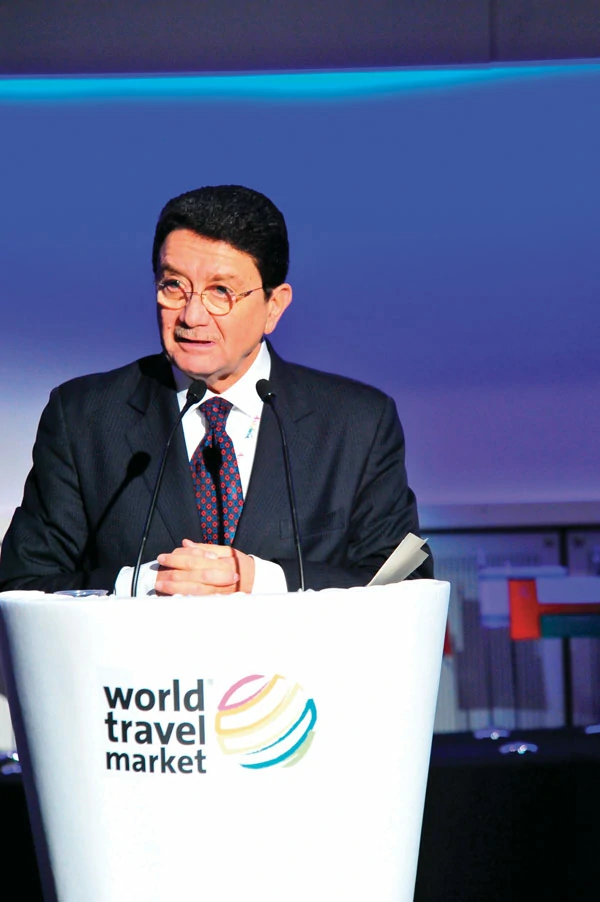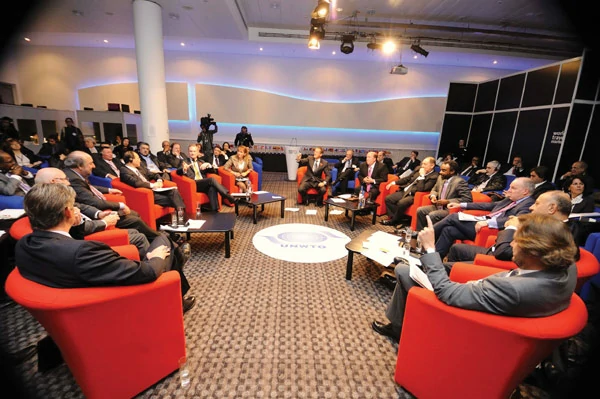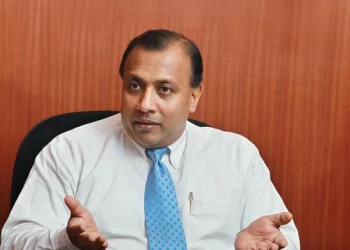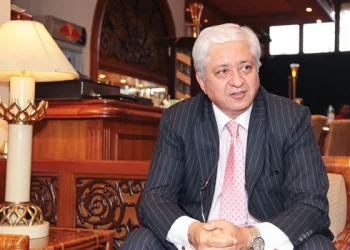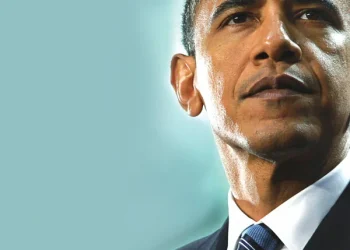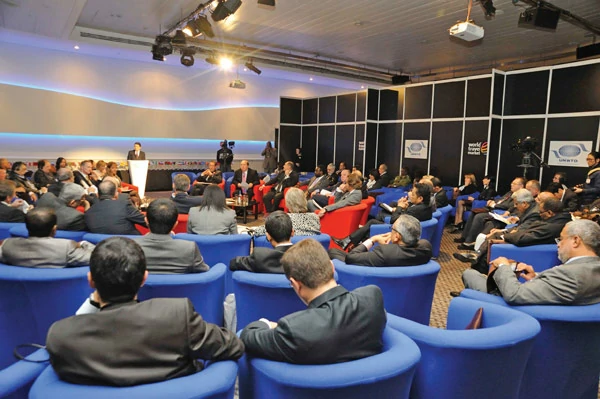
With international tourist arrivals expected to increase by five to six percent over the full year, the World Tourism Organisation (UNWTO) urged global governments to place tourism higher on their agenda. This observation was made by Taleb Rifai, Secretary-General of UNWTO during the UNWTO Ministers’ Summit at the World Travel Market. The summit was attended by over 150 tourism ministers and leading tourism representatives.
This year’s summit focused on ‘shaping a stronger travel and tourism industry – governance and business models for the future. Key issues discussed included mainstreaming tourism in the political and economic agendas, creating a competitive framework for tourism development, stimulating innovation, investment and sustainable growth and addressing global challenges such as climate change and unemployment with public/private partnerships. Speakers from the public and private sectors made presentations.
One of the fastest growing industries in the world, travel and tourism are seen as major forces for economic growth and development. International tourist arrivals grew by seven percent in the first eight months of 2010 compared to the same period of 2009. According to the latest issue of the UNWTO World Tourism Barometer, worldwide arrivals between January and August 2010 totalled 642 million, around 40 million more than during the same months of 2009. Based on current trends, the number of international tourist arrivals is projected to increase in the range of five to six percent over the full year, while in 2011, growth is expected to continue at a more moderate pace, at around the long-term average of four percent.
“These results reinforce the message that we have been underscoring since the outbreak of the global crisis at the end of 2008 – that tourism is one of the most dynamic economic sectors and a key driver in creating much needed growth and employment,” said Taleb Rifai.
“Tourism has been seriously impacted by the global crisis, but less than other export sectors, and is currently rebounding faster and more robustly. We call upon governments worldwide, as well as multilateral forums such as the G-20, to place tourism higher on their agendas as the sector can contribute to our common objectives of sustaining recovery, regaining jobs and promoting sustainable development,” he added.
He further noted that China is seeing the benefits from giving tourism a very high priority within the government. It is an example other countries should try to follow.
Qiwei Shao, Chairman of the China National Tourism Administration, said that the Chinese government started to listen when he was able to show that 109 other sectors were involved in tourism. Some 15 million people are employed directly in tourism, with another 85 million indirectly employed.
Based On Current Trends, The Number Of International Tourist Arrivals Is Projected To Increase In The Range Of Five To Six Percent Over The Full Year, While In 2011, Growth Is Expected To Continue At A More Moderate Pace, At Around The Long-Term Average Of Four Percent.
The importance of tourism generally varies across the globe. John Penrose, Minister of Tourism of the UK pointed out that he is the first dedicated tourism minister the UK has ever had; Italy and Argentina have both upgraded the importance of tourism within the structure of their government.
Gloria Guevara, Tourism Minister of Mexico, said that tourism was a priority for the country, which aimed to become one of the world’s top five destinations. It is already in the top ten.
One way in which ministers can make their government colleagues listen is to rethink the data used to make the economic case for tourism. Vincent Vanderpool-Wallace, Minister of Tourism and Aviation for the Bahamas, said that the key metric should be economic value, not only arrivals.
The role of the private sector in this is pivotal, ministers insisted, although competitive concerns and the fragmented nature of the sector often prevent companies from working together.
Sustainability was also high in the summit’s agenda, with ministers told that they needed to be more vocal in defending tourism’s environmental record. Many ministers agreed that sustainability was not only about climate change but also cultural heritage, resources and socio-economics. Taxation was another recurring theme discussed during the summit.
